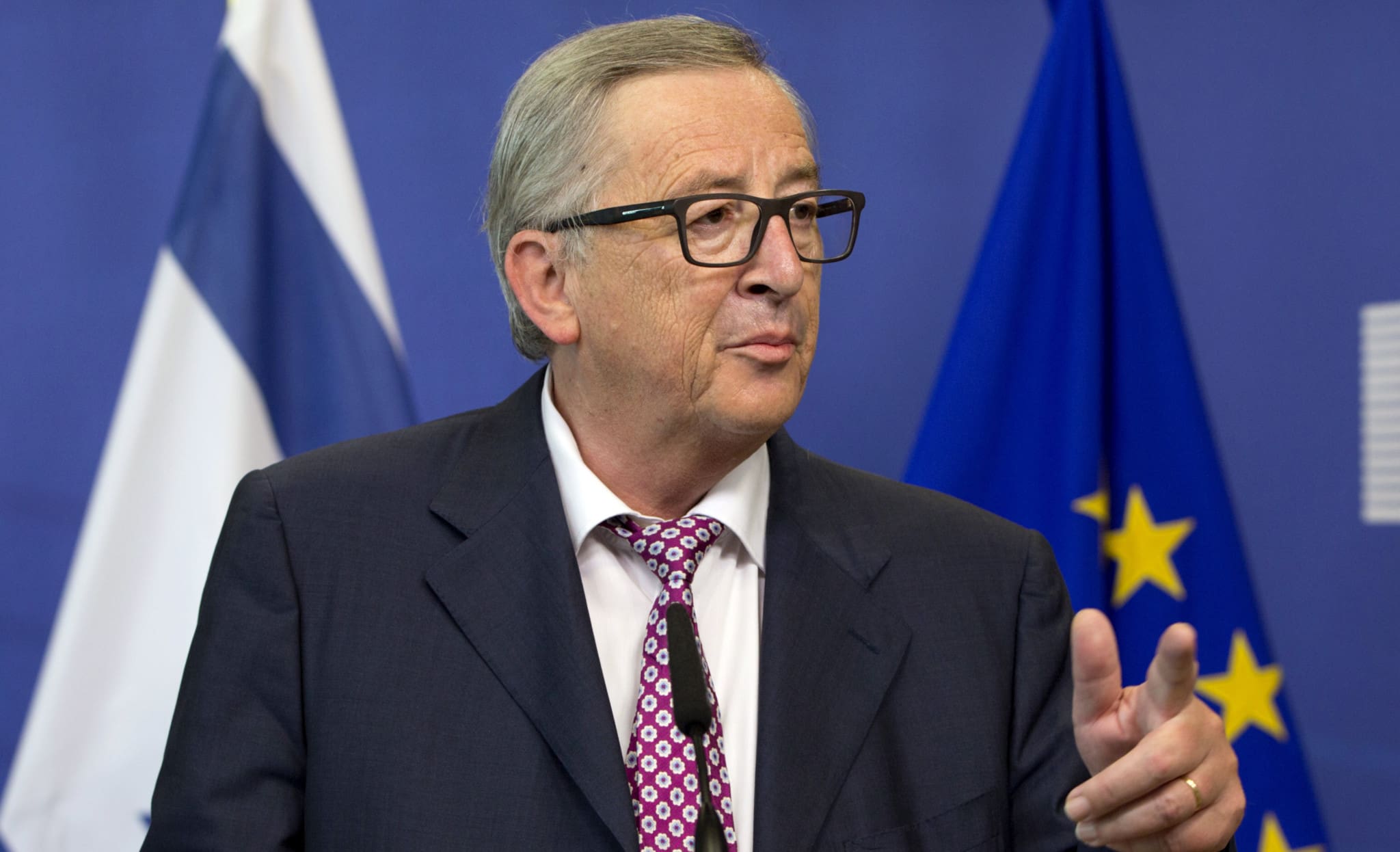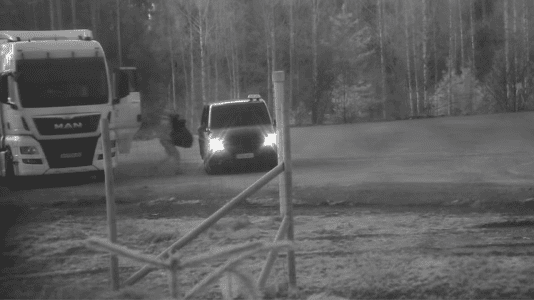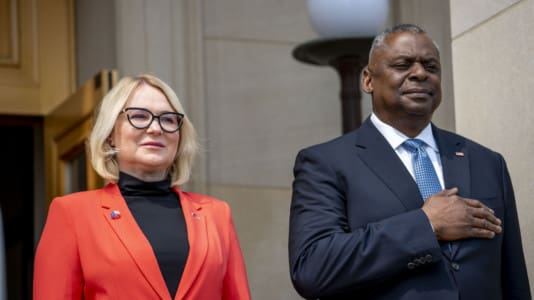Ukraine is a country that is “corrupt at all levels of society” and its immediate accession to the European Union would not be good for the bloc, the former President of the European Commission Jean-Claude Juncker has claimed.
In a wide-ranging interview with the German newspaper Augsburger Allgemeine, Juncker expressed his anger at European politicians who he accused of making “false promises to the people in Ukraine who are up to their necks in suffering,” and insisted the country was in need of “massive internal reform” before it could be considered as a viable prospect to join the European Union.
“We have had bad experiences with some so-called new members, for example when it comes to the rule of law. This cannot be repeated again,” he added.
The Luxembourger insisted that there may be a time when Ukraine’s EU membership could be considered and praised Kyiv’s defense of European values, but warned those in a position of power against suggesting that “this can be achieved overnight at the push of a button.”
Speaking about Moldova and Ukraine, both of whom are hoping to join the bloc, Juncker said that “if progress is made in these countries, it must be possible for them to take part in parts of European integration.”
The Eurocrat called for future EU enlargement to be linked with the eradication of the unanimity principle, insisting that majority voting is the only way forward to ensure the bloc can continue to function.
“We need internal reforms. It cannot remain the case that, in principle, we decide unanimously on foreign policy issues. This must happen with a qualified majority,” he told the newspaper.
Plans to switch to qualified majority voting on foreign policy and tax issues are a contentious issue within the bloc and strongly opposed by a number of so-called “smaller” member states, particularly in Central and Eastern Europe, who believe that such a move would impinge on national sovereignty and allow “larger” member states like France and Germany to further their domination of the bloc.
Asked about the rise of nationalism across the continent, as witnessed by the electoral victories of conservative parties in Italy, Finland, Sweden, Greece and Estonia in the past year, the former Commission president called for liberals to resist “joining forces with these post-fascists.”
Paradoxically, at the same time, he also warned that calling conservatives like Italian Prime Minister Giorgia Meloni a “pariah, even those she is trying to move into the European mainstream, is not profitable and strengthens the extremes.”
Juncker, who ran the European Commission from 2014 to 2019 and navigated the bloc through Brexit, Trump, and the first migrant crisis, said that those who claim Europe is in crisis should remember that Europe has supposedly “been in crisis since I became a member of the European Council of Ministers in 1982.
“But what has happened since then? The EU has expanded peacefully into Eastern and Central Europe by successfully reconciling European geography and history. We have achieved monetary union, strengthened the internal market, and overcome the financial crisis,” he added.
He claimed that Europe’s direction of travel in recent times has “been a continental success that is also admired in the rest of the world,” but warned others to be cautious of a potential drift from solidarity in the future and called for Europeans to “start loving each other a little more again.”






